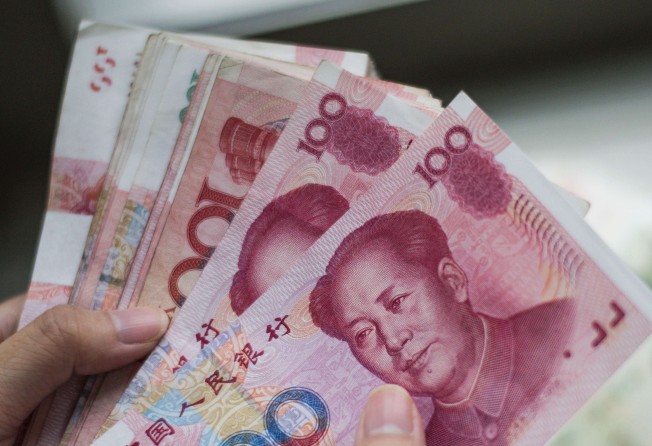Hong Kong to remain a yuan hub as currency joins reserve basket, says HKMA chief

Hong Kong Monetary Authority chief executive Norman Chan Tak-lam expects Hong Kong to play a bigger role in international yuan business as the currency will be increasingly used for international trade settlement after it joins the IMF’s reserve currency basket this weekend.
Chan predicts that half of all China trade will be settled in the currency in five years time.
He said the yuan will be more widely used for global trade settlement after it becomes part of the International Monetary Fund’s Special Drawing Right basket this Saturday. Regarded as something of an elite club, it means the yuan will become one of the five reserve currencies to be held by global central banks, alongside the US dollar, British pound, Japanese yen and euro.
“In the medium and long term, it will help to encourage the use of renminbi as a reserve currency and currency in investment. It won’t be achieved naturally, market development is needed,” Chan said in Frankfurt on Wednesday as he led a promotional tour of the Hong Kong Trade Development Council.
“For example, the offshore use of renminbi will increase. In 2009, China’s external trade didn’t involve renminbi at all, now already about 20 per cent to 25 per cent is paid in yuan. I think a reasonable expectation is that it will reach 50 per cent in five years.”
The yuan is not fully convertible but since 2009 Beijing has allowed international companies and investors to use the currency to settle trade and to do investment. The IMF’s inclusion of the yuan as a reserve currency this Saturday is expected to boost further international usage of yuan.
“As the yuan internationalises, there will be more yuan accumulated overseas. But Hong Kong has many advantages and it will maintain its role as the biggest pool of yuan outside of mainland China and to act as a hub for the offshore yuan business,” Chan said.
He said wider usage of yuan would not happen in one or two years because the currency is still not fully convertible.
“If I’m paying in yuan, is it easy to buy yuan in the first place, is it risky when the yuan fluctuates... These are the questions to be considered,” Chan said.
Germany is mainland China’s principal trading partner in the European Union, with bilateral trade worth €163 billion (HK$1.419 trillion). Chan said the financial ties would be closer with the One Belt, One Road project that would require many infrastructure projects to be developed.